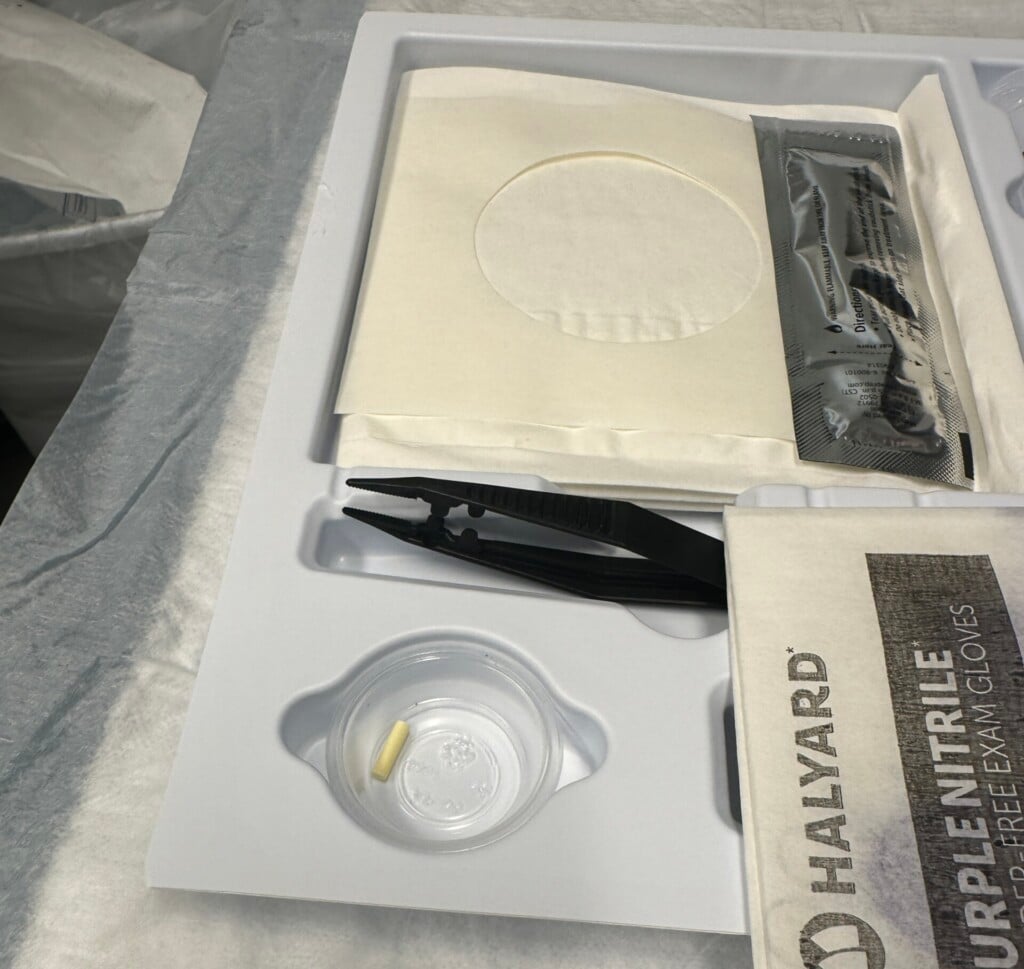The Pursuit of Wellness: Hormone Therapy and Menopause Care
Dr. Alyse Kelly-Jones uses hormones to build a wall against the pains of menopause

About 80% of menopausal women experience symptoms that experts call “the core four”: hot flashes, sleep disruption, depression, and vaginal dryness. “But it’s more than that,” says Dr. Alyse Kelly-Jones, a longtime OB-GYN who joined Tryon Women’s Center in 2023. “It’s joint pain, brain fog, libido issues, belly fat, fatigue, painful sex, hair changes, and skin changes.”
The North American Menopause Society doesn’t recommend hormone testing during perimenopause, the transitional period before menopause when key hormones start to decrease. But Kelly-Jones is one of a growing number of physicians who perform elective blood tests on perimenopausal patients to get ahead of those symptoms. “As we get perimenopausal, hormones fluctuate; many women are told they’re fine because on that day, their blood tests were normal,” she says. “You have to interpret those results along with the patient’s story. A blood test is a snapshot. If I take multiple snapshots, now I have a movie.”
She looks at three reproductive hormones—estradiol, progesterone, and testosterone—and customizes treatments that involve a variety of hormone boosters. The most common, transdermal therapy, is available in patches, sprays, or gels. Oral therapy is often conjugated estrogens, like Premarin. She also does a surgical procedure called pellet therapy in about 10% of patients to treat common symptoms of menopause. “The pellet is smaller than a Tic Tac,” she says. “We make a tiny incision and drop the pellet in a fattier area like the hip every three to six months. It’s like putting a pea under a mattress, so the patient doesn’t feel it.”
Kelly-Jones says too many women live with these symptoms when they don’t have to. “Women are good at suffering,” she says. “We suffer through menstrual cycles, childbirth, perimenopause, menopause, and incontinence.” She equates a woman in perimenopause to a frog that doesn’t know it’s being boiled to death. “Women don’t even know how bad they’re feeling until you start replacing their hormones. So many of my patients say, ‘I didn’t realize there was any help for this.’”
If you’d like to learn more about hormone therapy treatments, Dr. Kelly-Jones is hosting an information session event, Menopause and Hormone Therapy: The Facts That Will Change Your Life, on February 7th. Register for free here.






